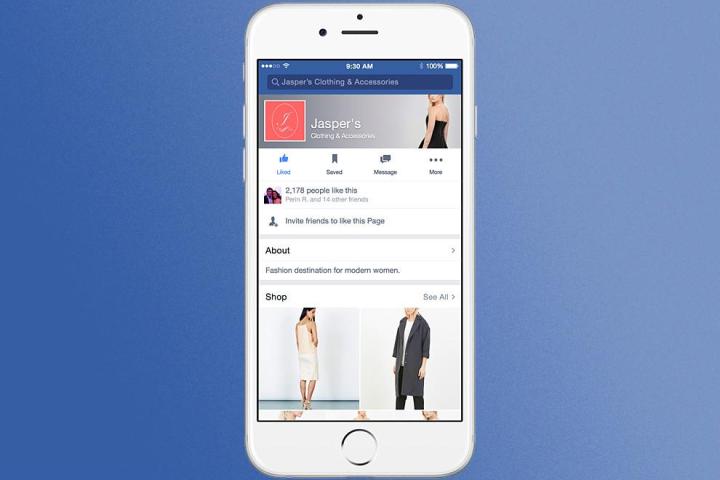
Emma Rodgers, Facebook’s product marketing manager, told BuzzFeed the upcoming feature, which is being tested with select businesses, will give merchants the opportunity “to showcase their products directly on the page” and allow users to purchase them there and then via ‘buy’ buttons.
The new feature should keep users on Facebook for longer, eliminating the need to exit the site in order to purchase a product they’ve seen on its pages. This works for
With the e-commerce market forecast to be worth around $350 billion this year – nearly six times the prediction for the digital ad market – Facebook will be keen to build out its online commerce offering sooner rather than later.
Facebook’s growing interest in e-commerce mirrors that of other major social media players – among them Twitter and Pinterest – that are rushing to launch relevant tools and features. And Google, which pulls in most of its cash from ads, is also moving into the space, today launching a buy button on its shopping pages.
Facebook’s e-commerce efforts don’t stop with its main social networking site, either. Messenger,
Editors' Recommendations
- These online shoppers are unfazed by a 43-year delivery wait
- eBay deploys computer vision to make sellers’ products pop
